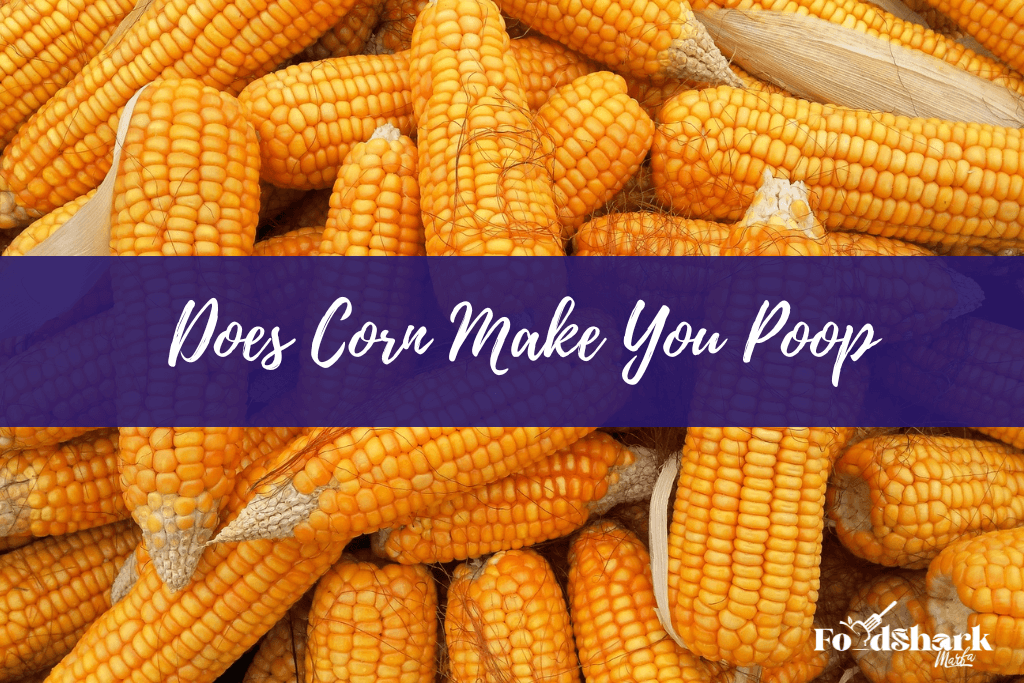Corn, often known as sweet corn, is a food that is consumed in a broad variety of forms all over the world. Corn can be consumed in two ways, depending on personal preference: cooked and seasoned with oil, butter, and various seasonings, or raw if the corns are tender.
Corn also makes for a perfect food that is full of energy because it is gluten-free, packed with antioxidants, and high in dietary fiber. Additionally, the increased amount of indigestible dietary fibers eases constipation and promotes regular bowel motions.
Thus, consuming corn is often advised in order to improve your gut health, combat constipation, and make your poop healthy.
What Is Gut Health And Why Is It Important?
Gut health refers to the condition of the entire digestive system, which includes the organs in our bodies that break down food into the various nutrients our systems need to function, from the oesophagus to the intestine.
In order to function properly as humans, it is essential to be able to digest the food that we eat properly along with making sure that the undigested and unnecessary parts of the food are properly eliminated from the body with our stool.
Moreover, research from NIH shows that gut health also impacts our ability to think as well as our mental health tremendously. Therefore, having a healthy gut is necessary for both our physical and mental health.
How does corn make you poop?
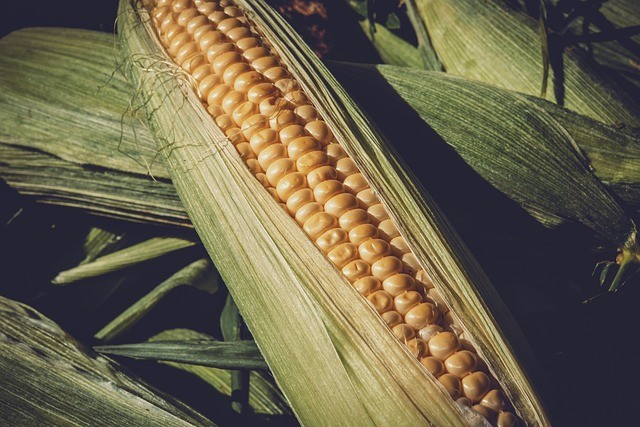
Ensuring that the unnecessary bits of your meal are frequently excreted from your body is a key part of keeping your gut healthy. Corn helps you to do that by helping you poop.
When it comes to the mechanism of how corn makes you poop, corn has this outer shiny layer that not only shields it from severe climatic conditions but also helps protect corn from various kinds of insects and other animals.
This layer is made of cellulose. In order to break down cellulose into digestible food, we need an enzyme named cellulase.
However, the human body does not produce cellulase, rendering the cellulose present in the corn undigestable.
Due to its high content of cellulose and other dietary fibers, corn is an excellent food option for those suffering from constipation, because the fibers clean the colon like a scrub brush and make it easier to have bowel movements as it clears out the colon.
How Long Does Corn Remain Stay In your body?
Duration of bowel movements widely varies from person to person depending on age, hormone levels, food habits, etc. However, research found that corn stayed in the colon for a median of 36 hours (ranging from 0 to 166 hours).
Moreover, you can use corn’s indigestibility to get an idea about the transit time of your stool through the sweetcorn test referenced by Dr. Anton Emmanuel in The Daily Mail UK.
In order to get an idea of your bowel transit time, simply eat some sweetcorn. As the outer shell of the sweetcorn kernels is indigestible, you will notice them in your stool.
Thus, by measuring out the time between eating sweetcorn and them o[passing in your stool you can find out the transit time of your stool. For reference, a transit time from 24 to 48 hours is considered normal.
Other Health Benefits Of Corn
One of the biggest health benefits of corn is that it effectively cleans out your colon by supplementing your gut health with the necessary fiber.
This high-fiber food promotes regular bowel movements, and consequently a clean colon. A healthy colon is a great wealth, as it reduces the chances of diseases ranging from colon cancer to constipation and diarrhea and enhances your quality of life.
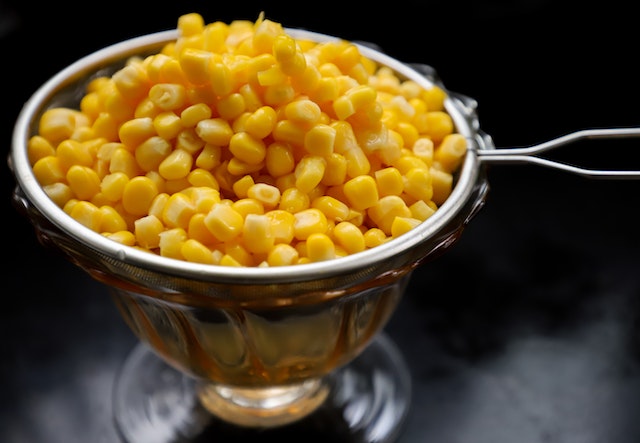
Other than being a good source of dietary fiber, corn has many other health benefits that make it a well-loved food item.
According to WebMD, in one year of corn, you get approximately 90 calories, 3 grams of protein, 1 gram of fat, 19 grams of carbohydrate, 2 grams of sugar, 6 grams of fiber, and 7 milligrams of vitamin C.
Again, according to an article published in ResearchGate, corn contains carotenoids such as lutein and zeaxanthin. There have been a number of studies that point to the benefits that these can have for your eyes. Additionally, corn also helps prevent anemia and cancer as it is rich in iron and antioxidants.Furthermore, because corn is naturally gluten-free, it serves as great supplementary food for those who suffer from gluten intolerance.
Finally, corn also helps in diabetes management when it comes to non-insulin-dependent diabetes. In such cases, regular consumption of corn provides energy to diabetics without significantly raising blood sugar levels.
Therefore, you can consider getting grills to grill your corn in as well as corn holders to enjoy the delicious grilled corn comfortably.
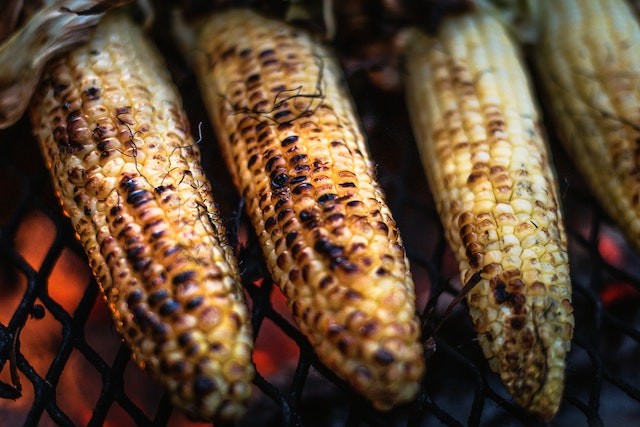
Are There Any Side Effects to Eating Corn?
Even though corn is a fairly harmless food, like everything else in the world, it does have some side effects.
To kick start, corn is one of the most genetically modified vegetables in the world. If you are concerned about not intaking GM food, it is advised that you search for a non-GMO tag on your corn.
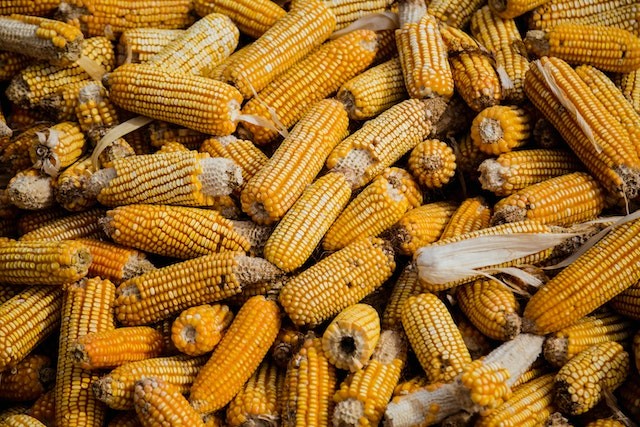
Again, as corn does not digest fully in our system, rapid intake of too much corn can cause gas formation, stomach aches, bloating, and even diarrhea.
If you have a weak digestive system, it would be best not to consume too much corn at a time.
Also, some people have allergies and intolerance to corn. If they are to consume corn, it will certainly trigger some health issues.
Conclusion
In conclusion, corn is a versatile food that can be consumed in a wide variety of ways, including both cooked and uncooked preparations.
Corn, in addition to having a pleasing flavor, possesses a variety of positive effects on one's health. Moreover, the presence of cellulose and other dietary fibers in corn help with constipation and regulation of bowel movements in its consumers.

